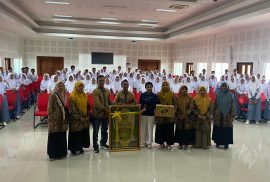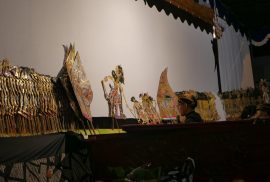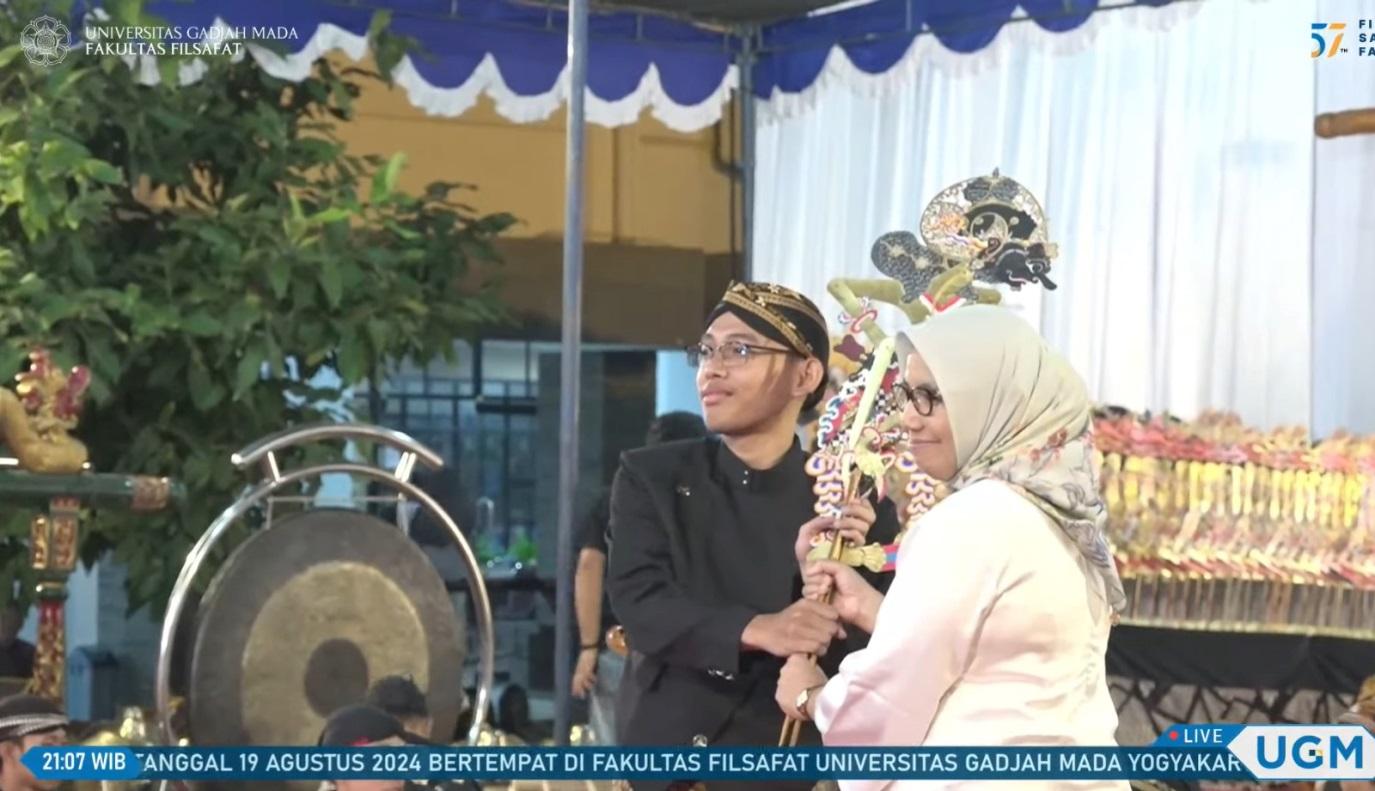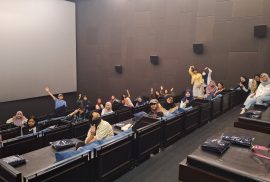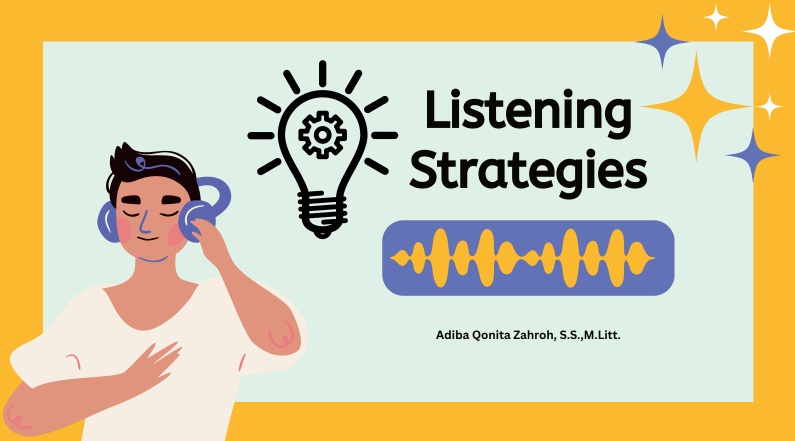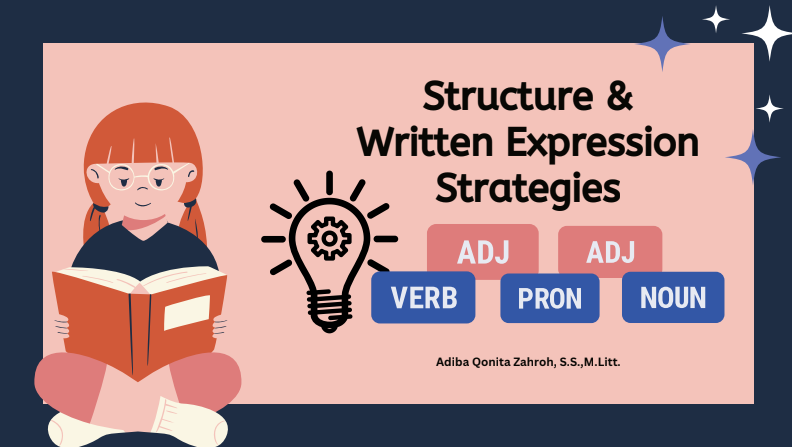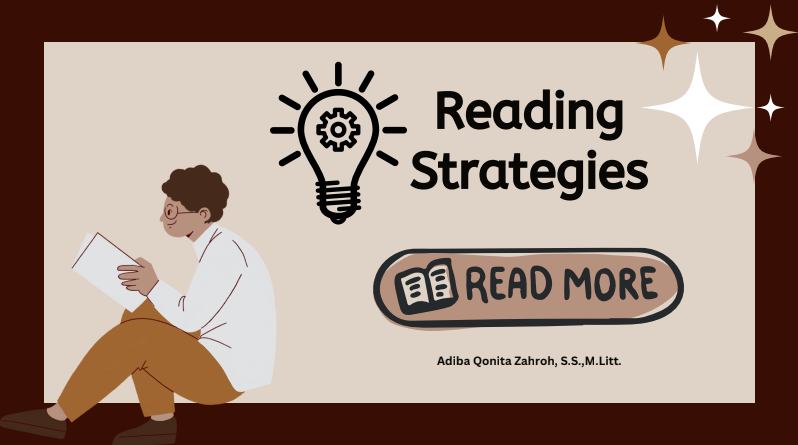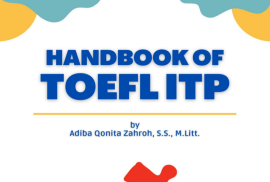Yogyakarta, September 11, 2024 – Located in the Auditorium of Soegondo Building 7th Floor, Faculty of Cultural Sciences (FIB) Universitas Gadjah Mada (UGM) hosted a visit from MAN 2 Blitar students. The event which took place from 09.00 to 11.00 am was filled with high enthusiasm from the participants.
During this visit, MAN 2 Blitar students had the opportunity to explore various information related to FIB and UGM. The material presented by the faculty covered various aspects of the available study programs, facilities, and campus life at UGM. The detailed and interactive explanation made the students very involved and excited during the event.
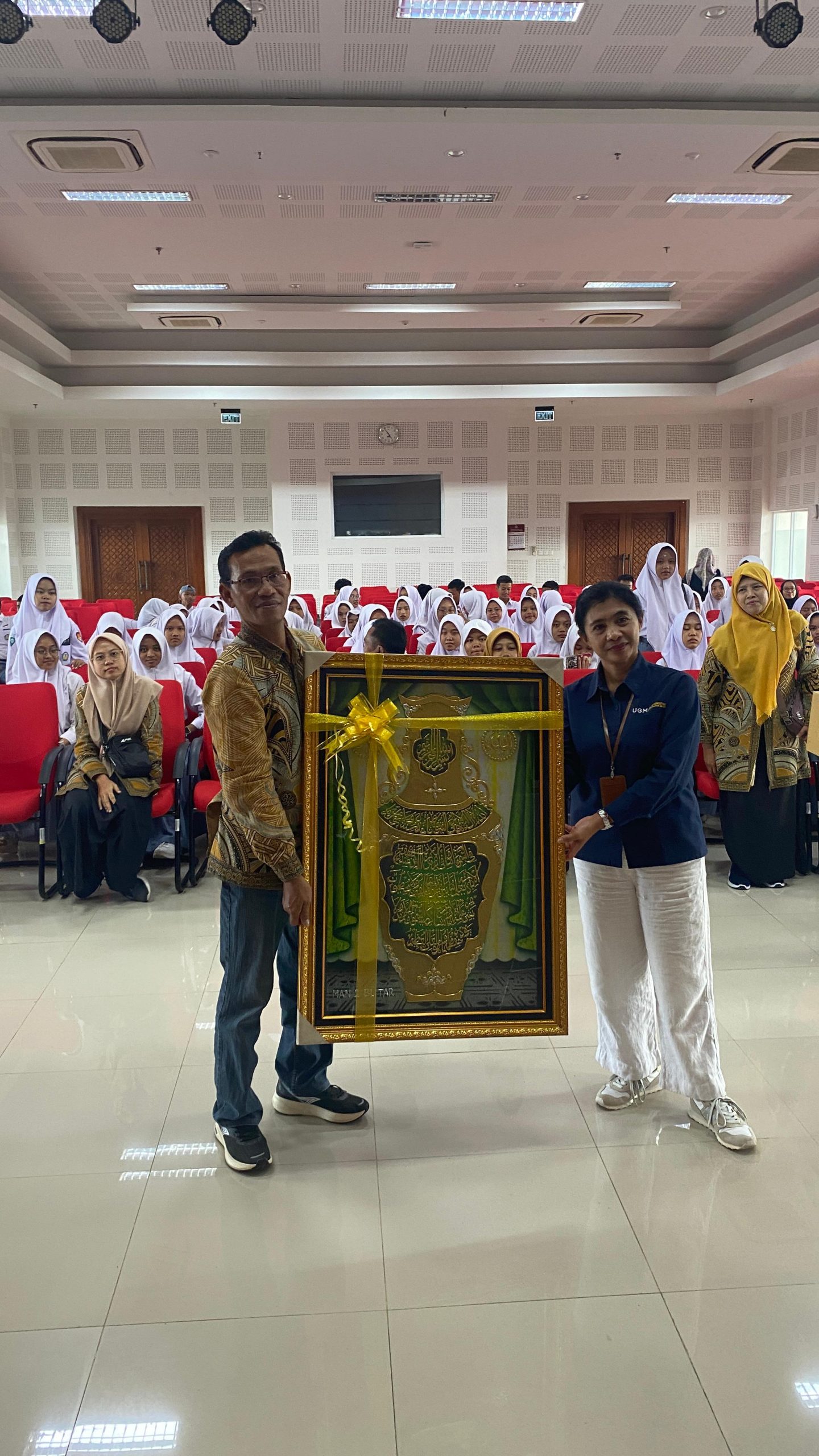
The discussion session became one of the most anticipated moments. The students did not hesitate to ask various relevant questions, such as information about scholarships available at UGM, average SNBP scores, and UTBK scores needed to enter the Faculty. In addition, they also asked about achievements that can be obtained through memorizing the Quran and organizational experience of UGM Faculty of Arts students. All these questions were answered directly by UGM students who shared their experiences with enthusiasm.
The visit ended with a very memorable gift. MAN 2 Blitar students donated their calligraphy works and typical Blitar food as a form of appreciation and memento for the Faculty of Arts UGM. The souvenirs were warmly received and became a symbol of the friendship that existed between the two parties. This visit is expected to strengthen the relationship between MAN 2 Blitar and UGM and provide a clearer picture of academic life and opportunities at the Faculty of Cultural Sciences UGM.

